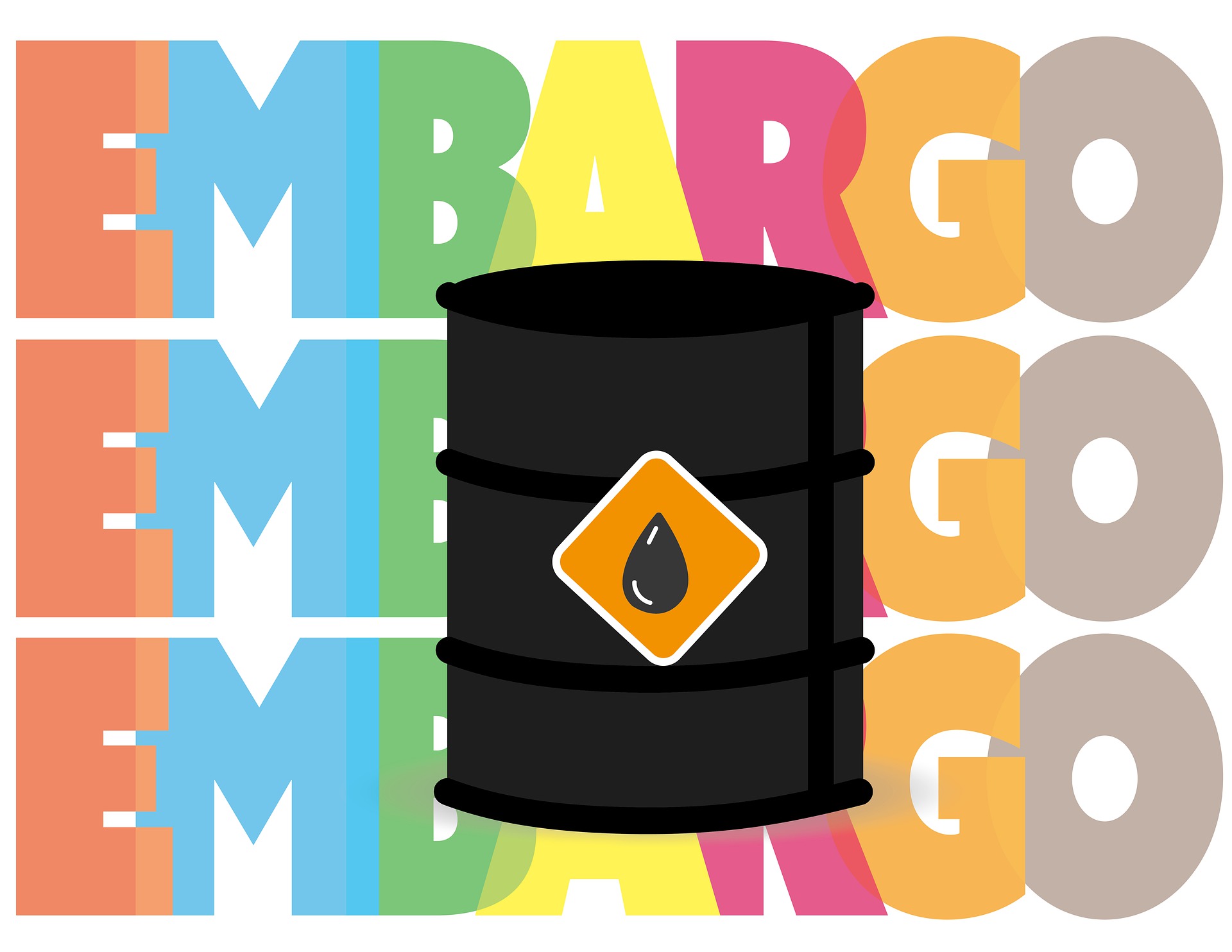
403
Sorry!!
Error! We're sorry, but the page you were looking for doesn't exist.
Germany's strategy to halt Russian oil shipments puts refineries under pressure
(MENAFN) Numerous main refineries in Germany are dealing with difficulties due to the administration’s verdict to entirely halt Russian fuel shipments at the end of December 2022.
The Schwedt refinery, which provides 90 percent of all petroleum outputs consumed in Berlin, will function at 70 percent of its regular volume from January, public broadcaster ZDF mentioned in a report.
The refinery, the fourth-biggest in the country, has been massively reliant on distributions of Russian crude oil through the Druzhba pipeline.
Michael Kellner, state secretary at the Economy Ministry, informed ZDF that Russian oil is going to be substituted with provisions through pipelines from Germany’s Rostock port and neighboring Poland.
As per the government’s scheme, the pipeline from Rostock is going to reach around 55 percent of the Schwedt refinery’s supply requirements.
Berlin is optimistic to get an additional 15 percent from the Gdansk terminal in northern Poland, and is also in discussions for oil shipments from Kazakhstan, as mentioned in the report.
Manuel Frondel, a specialist from the Leibniz Institute for Economic Research, asserted that “It is not clear whether we are ruining Russia, or rather ourselves, by stopping oil imports from these pipelines.”
The Schwedt refinery, which provides 90 percent of all petroleum outputs consumed in Berlin, will function at 70 percent of its regular volume from January, public broadcaster ZDF mentioned in a report.
The refinery, the fourth-biggest in the country, has been massively reliant on distributions of Russian crude oil through the Druzhba pipeline.
Michael Kellner, state secretary at the Economy Ministry, informed ZDF that Russian oil is going to be substituted with provisions through pipelines from Germany’s Rostock port and neighboring Poland.
As per the government’s scheme, the pipeline from Rostock is going to reach around 55 percent of the Schwedt refinery’s supply requirements.
Berlin is optimistic to get an additional 15 percent from the Gdansk terminal in northern Poland, and is also in discussions for oil shipments from Kazakhstan, as mentioned in the report.
Manuel Frondel, a specialist from the Leibniz Institute for Economic Research, asserted that “It is not clear whether we are ruining Russia, or rather ourselves, by stopping oil imports from these pipelines.”

Legal Disclaimer:
MENAFN provides the
information “as is” without warranty of any kind. We do not accept
any responsibility or liability for the accuracy, content, images,
videos, licenses, completeness, legality, or reliability of the information
contained in this article. If you have any complaints or copyright
issues related to this article, kindly contact the provider above.
Most popular stories
Market Research

- Mitchell Demeter Appointed CEO Of Sonic Labs To Drive Global Growth And Institutional Expansion
- On-Chain Cultural Assets: Decoding City Protocol's IP Capital Market
- Xone Chain Announces Ecosystem Evolution Following Sunflower Letter
- Bydfi Highlights 'BUIDL' Ethos During Newcastle United Match Against Arsenal
- Psy Protocol Testnet Combines Internet Scale And Speed With Bitcoin-Level Security
- Citadel Launches Suiball, The First Sui-Native Hardware Wallet




















Comments
No comment